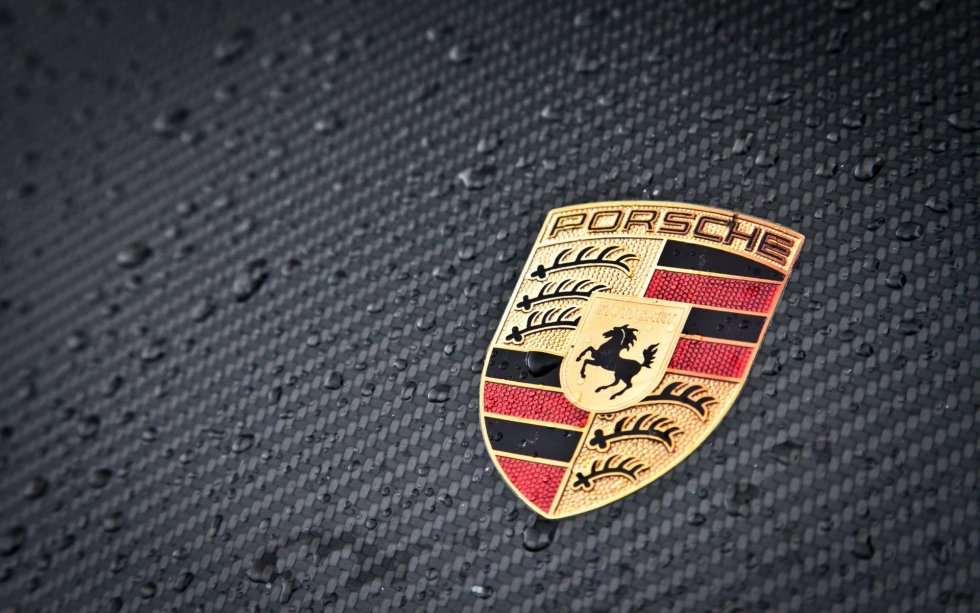Porsche is officially the first automobile manufacturer to both implement and successfully test the blockchain directly in vehicles, thanks to Berlin-based start-up XAIN.
Blockchain. There is No Substitute.
In the race to implement blockchain technology into consumer automobiles, Porsche is firmly in the lead.
According to the company’s official newsroom, the German automobile manufacturer tested remotely locking and unlocking vehicles via a blockchain-powered app, as well as temporarily granting access authorizations. Additionally, Porsche is testing new business models based on encrypted data logging, with goals of improving autonomous driving functionality.
As noted by Oliver Döring, Financial Strategist at Porsche, blockchain technology holds tremendous potential in the world of high-performance automobiles. Said Döring:
We can use blockchain to transfer data more quickly and securely, giving our customers more peace of mind in the future, whether they are charging, parking or need to give a third party, such as a parcel delivery agent, temporary access to the vehicle. We translate the innovative technology into direct benefits for the customer.
According to the announcement, it only takes 1.6 seconds to open and close a car using the blockchain-powered app – six times faster than before. Additionally:
[Efficient cryptographic encryption] ensures that all activities are documented in the blockchain in a way that prevents them from being modified, and can be viewed using an app. For example, access authorisations can be distributed digitally and securely and can be monitored by the vehicle owner at any time. Access also works remotely.
The addition of blockchain technology also affords users possibility of securely and efficient assigning temporary access to a vehicle while protecting communication between participants. Smart contracts are also used to integrate third-party providers, thus eliminating the need for additional hardware.
Porsche is also currently developing further blockchain applications for charging and parking, in addition to constructing a new blockchain-based business model relying on auditable data logging and local encryption in a distributed blockchain – effectively putting users in complete control of data while activities are logged and deletions are made transparent.
Blockchain technology will also greatly improve autonomous driving functionality, thanks to the ability to obtain regional learning effects shared securely with other vehicles, as well as protected swarm data.
Are you excited about the future of blockchain technology on automobiles? How long do you think it will be until we see blockchain technology implemented in affordable consumer cars? Let us know in the comments below!
Images courtesy of Shutterstock, AdobeStock
